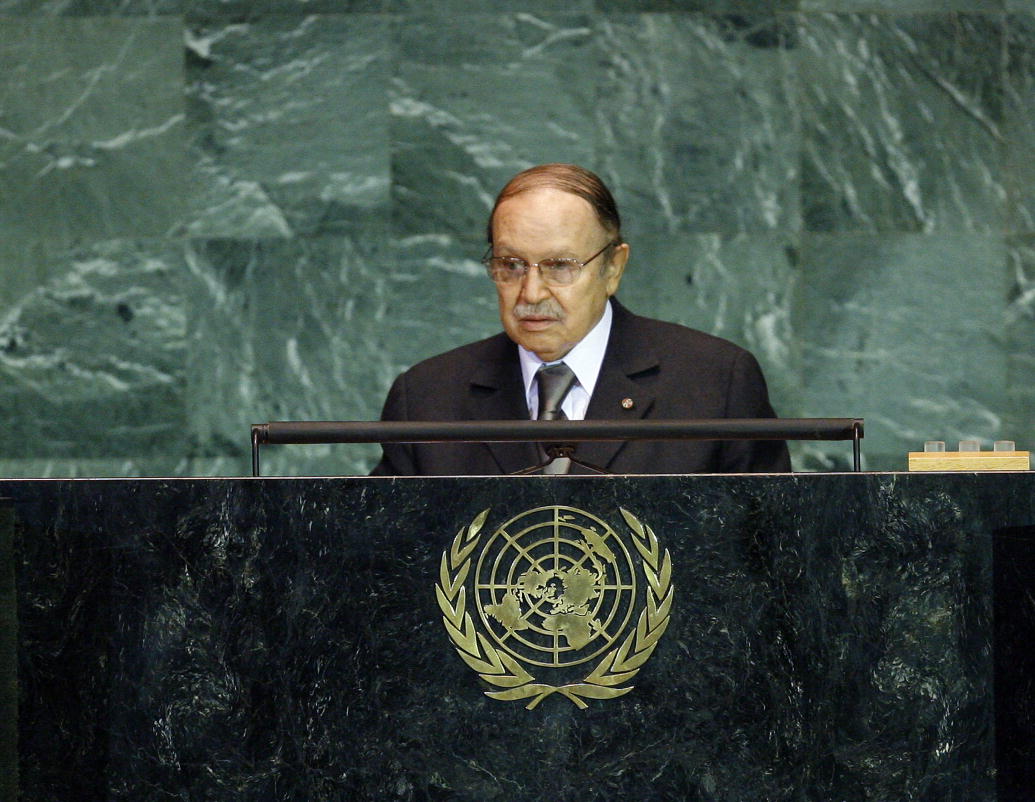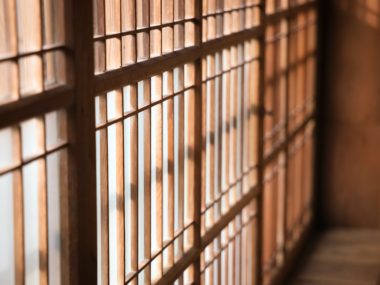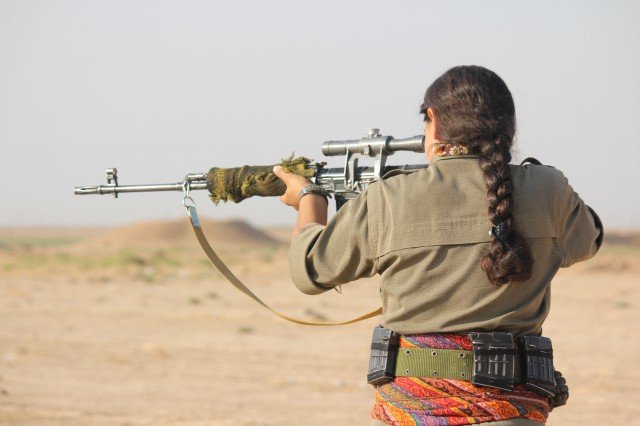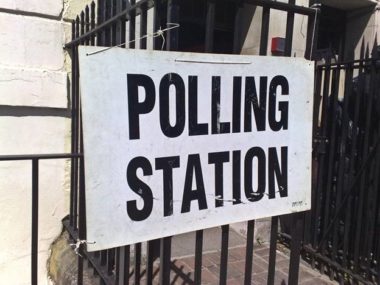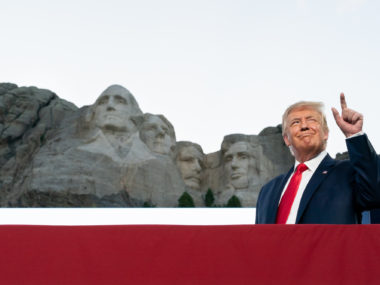By Kai Thaler for Denver Dialogues.
April saw protestors—with an assist from the military—oust longtime authoritarian leaders Abdelaziz Bouteflika in Algeria and Omar al-Bashir in Sudan, despite the dictators’ best efforts. There is a great deal of uncertainty about the future in each of the countries, with the possibility for a military seizure of power, like in Egypt’s counterrevolution, or the reassertion of control by ancien régime officials, like in Zimbabwe. For the moment, at least, the sight of Bashir in prison and a planned military-civilian shared transitional council in Sudan and the possibility of democratic elections in Algeria is a cause of hope. Both outcomes are also a sign of the enduring possibility for unarmed ‘people power’ movements to effect leadership transitions and possibly regime change.
People power movements are not always successful in toppling their targets, however. Across the Atlantic in Central America, April marked the one-year anniversary of the beginning of mass protests against Nicaraguan President Daniel Ortega, which his government met with harsh repression. Why have Nicaragua’s pro-democracy protestors been unable to succeed like other civil resistance movements have?
Kurt Schock argues that civil resistance movements need resilience and resolve when facing repression; must undercut state power; and often must garner third-party support, for instance from intergovernmental organizations or from a regime’s erstwhile allies withdrawing their support and other states’ applying pressure to force a settlement or regime change. Erica Chenoweth and Maria Stephan say that to succeed, civil resistance movements need a diverse, cross-cutting membership uniting broad swathes of the population; signals of defection or passivity by government officials and especially security forces; and, like Schock, point to the utility of pressure from international actors.
How has Nicaragua’s Movimiento 19 de Abril fared on these counts? The protests emerged initially out of narrow demonstrations by university students and pensioners against proposed social security reforms, but rapidly grew into a diverse movement cutting across classes and social sectors, uniting students, opposition politicians, leftists and anarchists, business elites, and Catholic clergy. Ethnic heterogeneity between protestors and the regime can undermine the possibility of civil resistance movement success in an ethnically polarized society, but Nicaragua is not particularly diverse, and people of indigenous descent joined the mestizo majority in protests. By July, Ortega’s public support base had eroded and 70% of Nicaraguans supported Ortega’s ouster, a shocking reversal for someone who had up until April 2018 been one of Latin America’s most popular executives in public opinion polls, despite his steady erosion of democracy.
How did Ortega’s popularity fall so quickly? In ongoing research with Eric Mosinger, we argue that Ortega’s opponents seized on the country’s revolutionary history, appropriating rhetoric and symbols from the 1979 Nicaraguan revolution to recast Ortega—a one-time revolutionary leader—as a repressive dictator. Ortega’s elite support base among business and Church leaders crumbled, and it looked like Nicaraguans were recreating the type of multiclass coalition that toppled a dictator four decades before. Lower-level government officials and prominent partisan supporters defected, despite threats. International actors began putting pressure on Ortega to step down, while Ortega’s closest ally, Nicolas Maduro’s regime in Venezuela, was wracked by its own political and socioeconomic crisis.
Ortega responded tentatively at first, and then turned to furious repression using police and pro-government paramilitaries with military-grade weapons. Over 300 people have died, at a minimum, most at the hands of police and pro-Ortega paramilitaries, thousands have been imprisoned (with torture common), and tens of thousands of Nicaraguans have fled into exile. A year after protests began, Ortega seems firmly in control, despite having faced a diverse popular civil resistance movement; defections by key government supporters and officials that undermined the regime; and significant international pressure. While new European Union sanctions were imposed in March 2019 and negotiations between Ortega and an opposition alliance have continued, Ortega’s departure from power no longer seems imminent, as it did a year ago.
As Eric Mosinger and I highlighted last year (two weeks into the protests), the security forces are key in determining whether a regime falls in the face of a civil resistance movement. Whereas in Algeria and Sudan the military decided to unite with protestors in removing the president, in Nicaragua the police became Ortega’s shock troops alongside paramilitaries, and the military has stayed on the sidelines despite repeated calls by the opposition to step in. Unless military brass decide their prospects are better with a new leader, authoritarian regimes can usually endure, absent armed rebellion or foreign military intervention.
This lack of defection among the security forces enabled Ortega to weather the initial phase of protests when it looked like he was on the ropes. Having survived, he set about attacking his opponents and, as the months have dragged on, differences of opinion among the opposition have undermined its unity and sapped the initial energy of the resistance movement. For instance, youth activists who were at the forefront of protests are not always pleased with the stances their elders are taking at the negotiating table.
Recent protests suggest that contentious politics are still alive in Nicaragua’s streets, despite government bans on demonstrations. Unless security forces have a sudden change of heart, however, for now it seems unlikely that Ortega will leave office before the scheduled 2021 elections, let alone after them.
Kai Thaler is an Assistant Professor of Global Studies at the University of California, Santa Barbara and a postdoctoral fellow at the Sié Chéou-Kang Center for International Security and Diplomacy.

